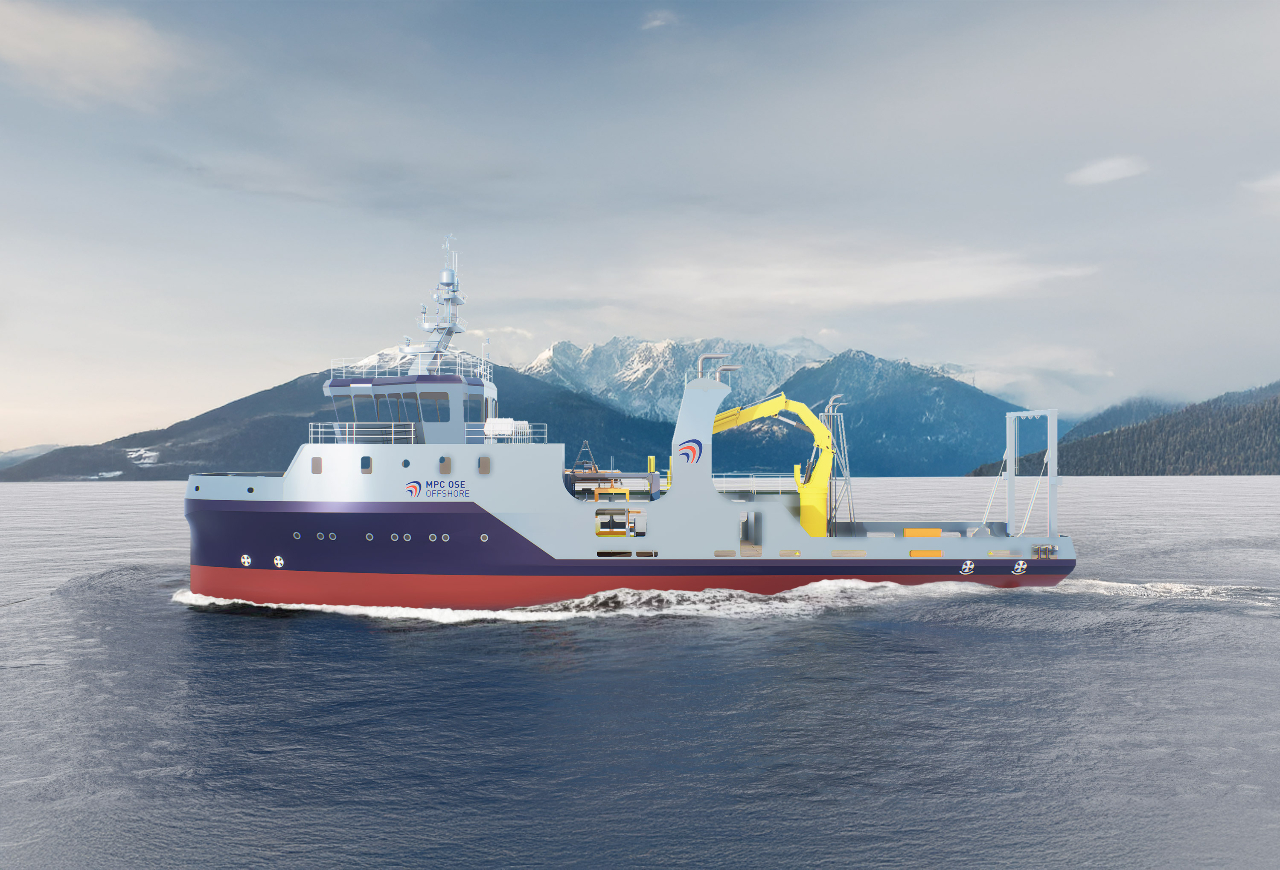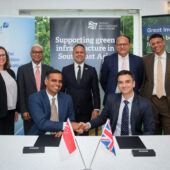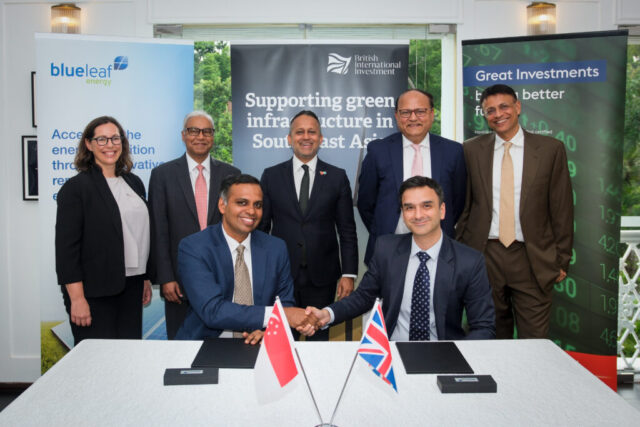Plus, UK charity calls on European corporates to do more to end acid attacks | BII loan agreement to boost clean energy in Nepal.

MPC Capital, the global infrastructure investment manager, has raised €70m for its recently launched platform for offshore service vessels, with funding coming from global investment group Eurazeo and a “large European family office” whose details were not disclosed.
The platform, initiated by a joint venture between MPC Capital and OS Energy, was set up to develop, build and manage service vessels which are specifically designed to operate in offshore wind farms, according to the firm.
Eurazeo’s equity investment is made by the Eurazeo Transition Infrastructure Fund, an Article 9 fund with a sustainable investment strategy focused on the transition of essential infrastructure to a low-carbon economy.
Constantin Baack, CEO of MPC Capital said: “We are very pleased to work together with top-tier investors which have a dedicated focus on infrastructure investments related to the energy transition. It is a perfect fit, as we can offer a unique investment platform in a structural growth market. We look forward to making our investment platform a great success and jointly servicing the quickly evolving offshore renewable energy industry in the coming years.”
European companies must do more to prevent acid attacks, says charity
European corporates need to do more to help prevent acid attacks by breaking the link between the acid-intensive industry and corrosive violence, says Acid Survivors Trust International (ASTI), the UK-based charity. The call to action comes as EU countries have just 18 months to implement the EU Corporate Sustainability Due Diligence Directive (CSDDD) into national laws, by July 2026. The CSDDD requirements mean that businesses are accountable for the social and environmental impacts of their activities. This includes any human rights violations which are related to their operations and partnerships, and ASTI points out that acid attacks are a form of gender-based violence.
By targeting corporates which use acids in their value chain, ASTI hopes to limit the accessibility of corrosives getting into the wrong hands. It says that while many large businesses involved in the manufacture, distribution and handling of acids are based in China, the EU, the UK, US and India, the highest proportion of attacks occur in regions with industries that make intensive use of acid – such as textiles and jewellery. These countries include Pakistan, Bangladesh, India, and Cambodia. ASTI estimates there are at least 10,000 acid attacks around the world each year, which it says is a conservative estimate.
Jaf Shah, executive director of ASTI, said: “Corporates should be aware of their obligations and responsibilities in relation to the handling of acid. With new legislation on the horizon, these responsibilities will soon be enforced. Ending easy access to acids is the key to preventing corrosive violence.’’
British International Investment trade agreement to boost clean energy in Nepal
British International Investment (BII), the UK’s development finance institution, has entered into a $15m (€14.3m) trade loan agreement with Sanima Bank in Nepal. The credit line aims to strengthen Sanima Bank’s trade finance offering, funding the import of capital goods for renewable energy projects with a focus on hydropower, as well as manufacturing, food and agriculture goods.
Hydropower plays a crucial role in Nepal’s electricity supply, contributing to over 90% of the country’s total electricity generation capacity, according to BII.
Commenting on the partnership, Habib Yousuf, regional director for South Asia at BII said: “BII is thrilled to partner with Sanima Bank to enhance its climate finance lending. This facility will help to improve access to affordable, reliable, and clean energy for businesses and households in Nepal. The positive impact of this will be far-reaching, contributing to sustainable development and improving the quality of life for countless individuals.”





